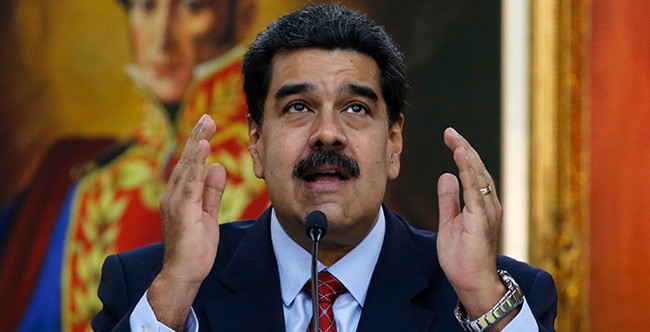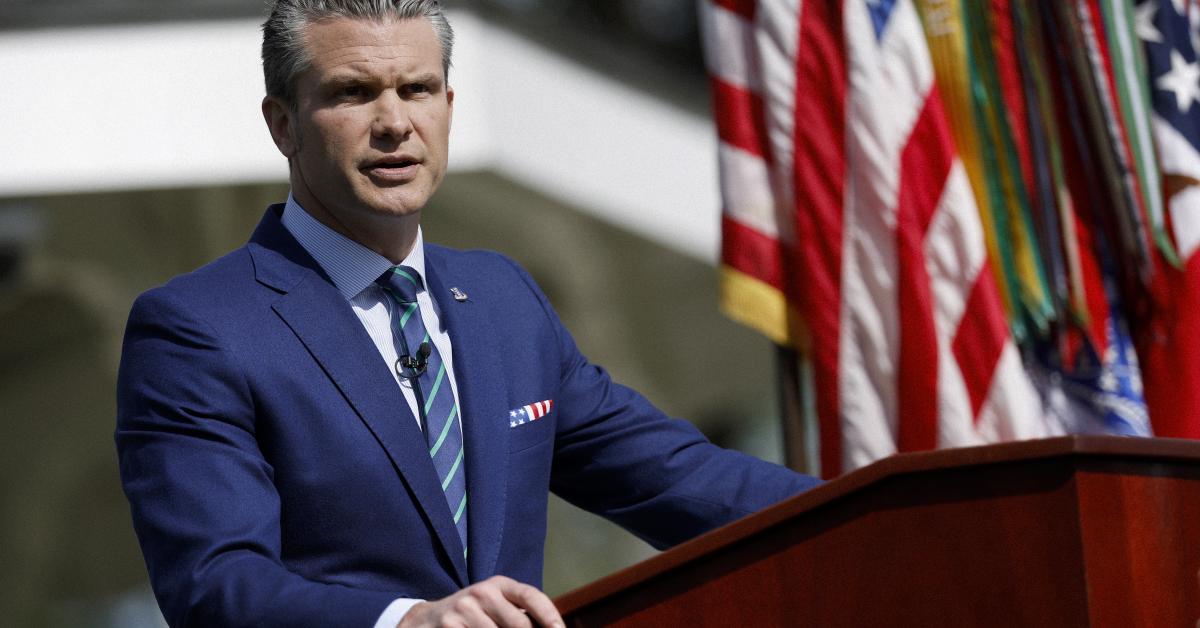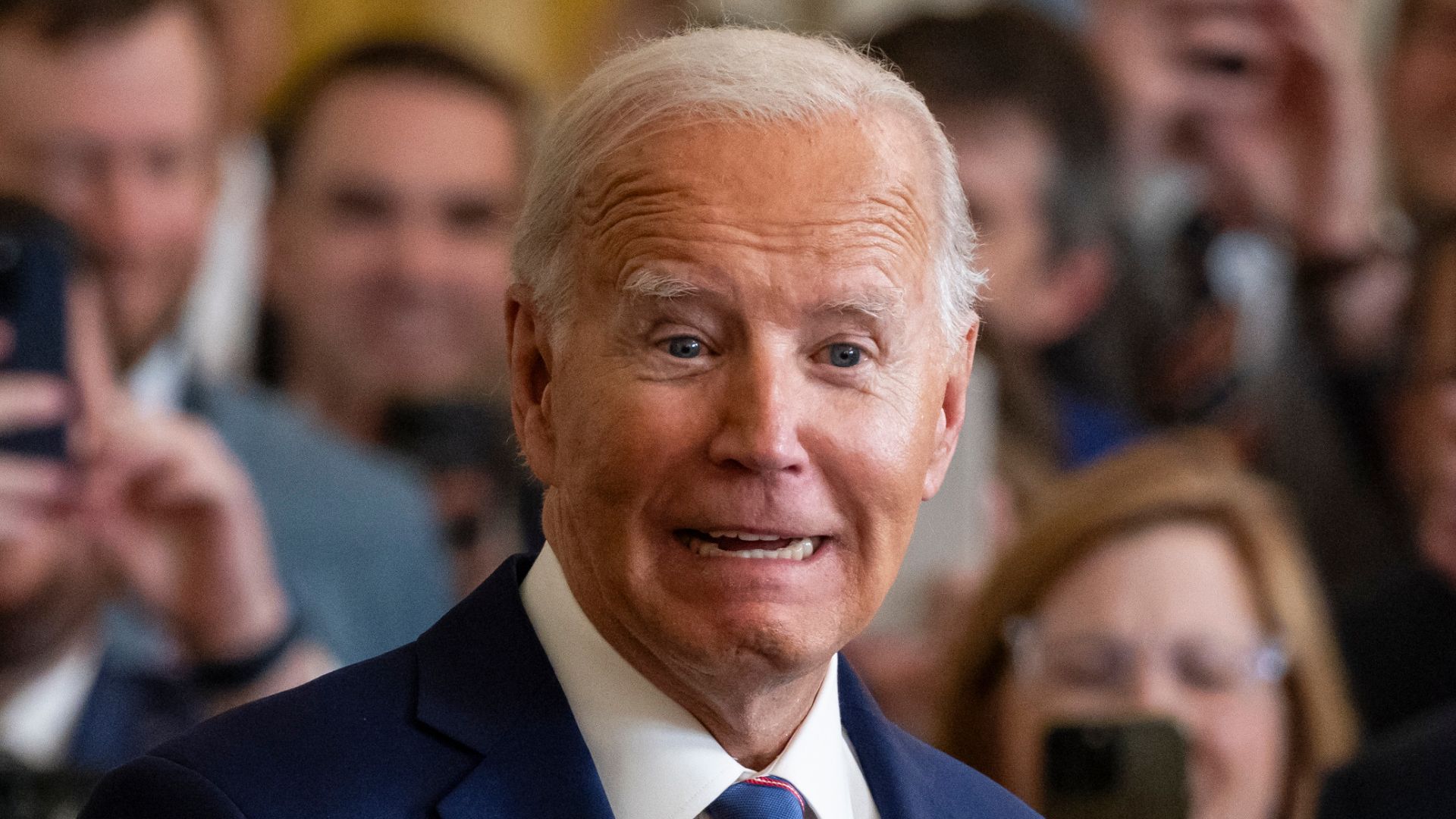Understanding the strategies of adversaries is a wise approach, especially when it comes to rival nations and their propaganda efforts.
It’s a tactic commonly employed by military intelligence and agencies like the NSA and CIA. Surprisingly, it seems the Biden administration’s State Department was involved in a similar activity, albeit unintentionally.
Christian Talk Podcast
Recently, it was revealed that televisions within the Biden State Department were frequently tuned into a Venezuelan propaganda channel. This channel, Telesur, is known for promoting anti-American sentiments and operates as a voice for socialist agendas.
The Daily Wire reported this unsettling detail, noting that Telesur was initially heavily funded by the regime of the late Hugo Chavez. Chavez, a staunch anti-American socialist, even hosted a weekly program on the network.
There’s a suspicion that this wasn’t about gathering intelligence. It’s been suggested that the Biden administration, perhaps even more left-leaning than its predecessor, might have been influenced by younger, more progressive staffers. These individuals, often criticized for their radical views, might have favored Telesur as a source of information, reflecting their own ideological leanings.
Telesur isn’t just a Venezuelan endeavor. It receives financial support from other left-wing governments in Latin America, including Cuba, Nicaragua, Ecuador, and Bolivia. It’s been criticized for spreading disinformation and attempting to undermine Western credibility. This channel actively seeks to portray Western leaders as hypocritical while fostering resistance against America and its allies.
This is the same Venezuelan government that refuses to repatriate its citizens who are in the United States illegally. However, with a change in leadership in Washington, D.C., there is hope for a shift in this stance.
Back in 2018, Representative Joe Wilson (R-SC) called for scrutiny of Telesur. He correctly identified it as a propaganda tool for the Venezuelan government. Some argue that the best way to handle such propaganda is to let it continue, as it often serves as its own worst enemy. However, this shouldn’t happen on the American taxpayer’s dime or be consumed by staffers whose job descriptions don’t include monitoring foreign propaganda.
It appears that the State Department’s engagement with Telesur was more about leftist staffers indulging in content that aligned with their beliefs rather than conducting any form of intelligence gathering.
These were individuals likely seeking a more radical perspective than what mainstream media, like Rachel Maddow, offered.
Fortunately, this practice has been halted. The Daily Wire reported that Telesur has been removed from the State Department’s office televisions. This decision is a relief to those concerned about the influence of such propaganda within the government.
The situation highlights the importance of vigilance when it comes to foreign influence and the consumption of media within government institutions. The presence of such a channel in a key department raises questions about the priorities and influences at play. It also underscores the need for a clear-eyed approach to foreign propaganda, ensuring that national interests aren’t compromised by ideological leanings of government staff.
In the broader context, this incident serves as a reminder of the ongoing ideological battles and the importance of maintaining a strong, principled stance in the face of opposing narratives. The removal of Telesur is a step in the right direction, affirming the need for awareness and accountability in governmental operations.
As the political landscape continues to evolve, it’s crucial for those in power to remain grounded in reality and focused on the nation’s best interests. This requires a careful examination of the sources of information and the potential biases they bring. The episode with Telesur is a cautionary tale, emphasizing the need for discernment and diligence in navigating the complex world of international relations and media consumption.
In the end, it’s about ensuring that the United States remains informed, vigilant, and unyielding in its commitment to truth and transparency. The lessons learned from this situation can guide future actions and policies, fostering a more secure and informed government.



